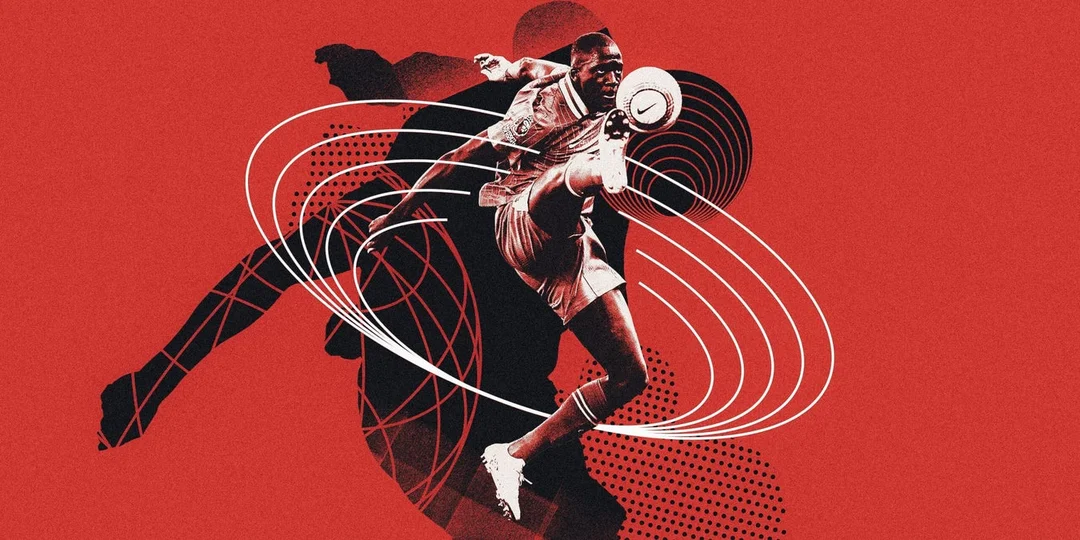
What Game-Changing Strategy is Liverpool Employing to Stay Ahead in Football?
The Arrival of Laurie Shaw
Shaw, who holds a PhD in computational astrophysics from Cambridge University, comes with an impressive resume that includes a stint as the head of football data for the City Football Group. His recruitment is not just a mere replacement but a significant enhancement to a team already renowned for its data-driven approach to football.

Shaw's hiring follows a trend at Liverpool where physicists have become pivotal in shaping the club's strategies. The link between physics and football may not seem obvious, but as it turns out, both fields involve similar skill sets in predicting outcomes and optimising performance.
A Legacy Built on Data
The transformation at Liverpool is spearheaded by figures such as Richard Hughes, sporting director and team builder, who is keen to emulate the successes of data-first strategies previously laid down by Michael Edwards. Edwards, a former sporting director, is also back in a consultancy position, ensuring that the ethos of data-driven decision-making continues to thrive.
One of the key aspects of Liverpool's philosophy is the integration of advanced analytical methods to enhance player performance and recruitment. This was detailed in a recent interview with Will Spearman, Liverpool's director of research, who explained how their data models—such as pitch control metrics—allow the club to evaluate players' effectiveness in real-time.
Why Do Football Clubs Love Hiring Physicists?
Shaw's physics background affords him a unique perspective on the game, allowing for the application of statistical models that capture the complexities of football dynamics. William Spearman, Liverpool’s director of research, articulated this connection beautifully by saying, "You have 22 players on a large field. There is a high degree of coherence to their interactions yet it is individual brilliance that is often decisive." This notion echoes the sentiment shared by many in the analytics community: understanding football's nuances requires an ability to grapple with underlying patterns amid seemingly chaotic play.
Liverpool's recruitment of physicists is not an isolated phenomenon. As the football landscape has evolved, many clubs are following suit, recognising that having a research team filled with academics can yield significant advantages on the pitch.
The Road Ahead
Shaw’s integration into Liverpool’s analytics framework comes at a pivotal time, as the club aims to enhance its competitive edge. While immediate success will ultimately depend on tangible results, the groundwork being laid now is crucial for sustained excellence.
In conclusion, with a commitment to a data-led approach and the return of respected figures like Edwards and Shaw, Liverpool are poised to not only maintain their place as one of football’s elite but also redefine how success is measured in the sport. What do you think about Liverpool's strategy of employing physicists to understand football better? Join the conversation and share your thoughts in the comments below.